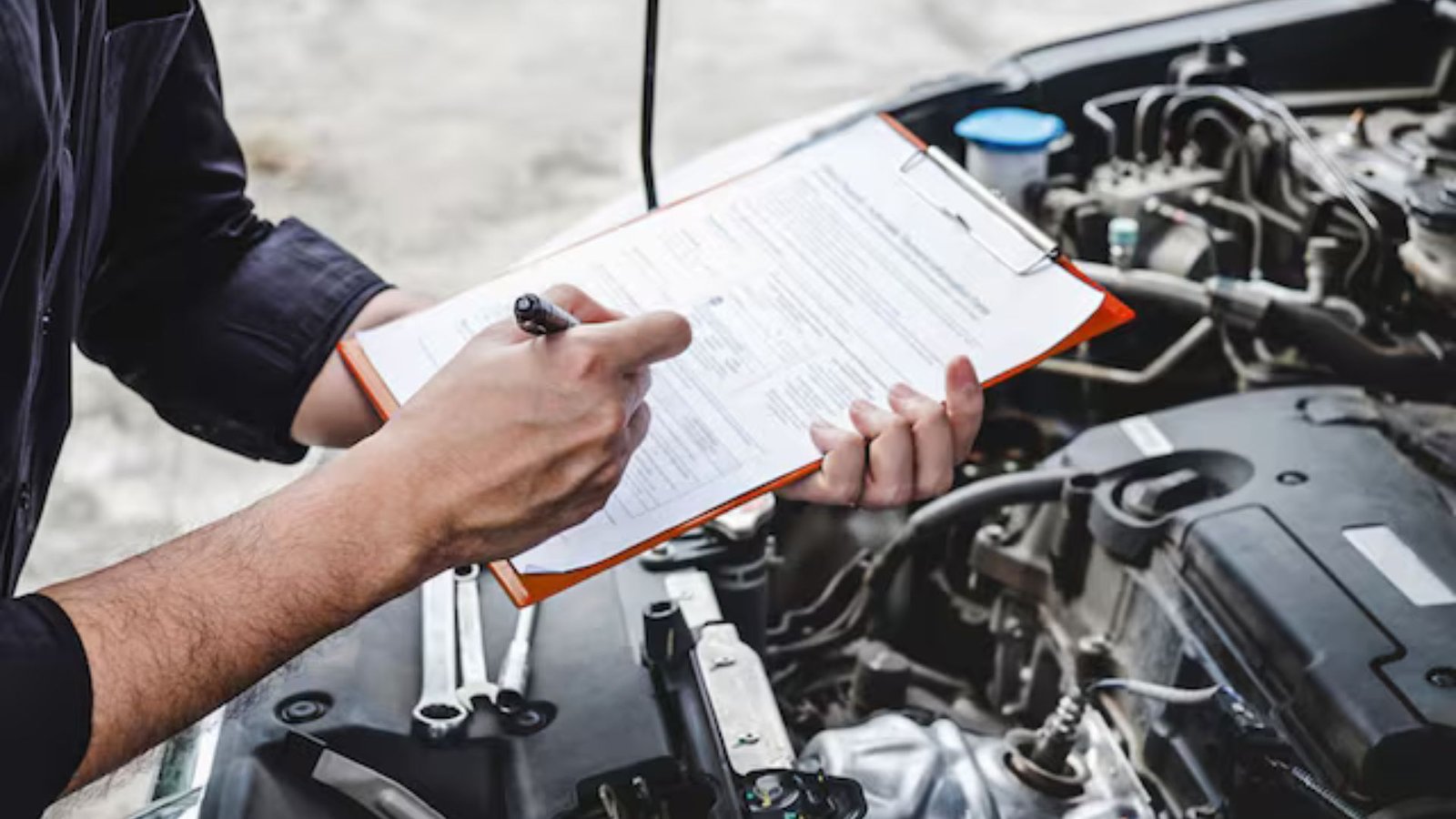SUV Maintenance Tips for Long-Term Ownership
Owning an SUV comes with many advantages, from spacious interiors to versatile capabilities. However, to ensure your vehicle remains reliable and performs well over time, it’s essential to focus on maintenance. Here are some valuable SUV maintenance tips for long-term ownership.

1. Regular Oil Changes
First and foremost, regular oil changes are crucial. Changing your oil every 5,000 to 7,500 miles helps keep your engine running smoothly. Fresh oil lubricates engine parts, reduces friction, and prevents overheating. Consequently, following the manufacturer’s recommendations for oil change intervals will prolong the life of your SUV.
2. Check Tire Health
Next, regularly checking your tires is vital for safety and performance. Make sure to monitor tire pressure at least once a month. Properly inflated tires improve fuel efficiency and handling. Additionally, rotate your tires every 6,000 to 8,000 miles to ensure even wear. This practice will extend their lifespan and enhance overall performance.
3. Maintain Fluid Levels
Keeping an eye on fluid levels is another important aspect of SUV maintenance. Regularly check engine coolant, brake fluid, transmission fluid, and windshield washer fluid. Each of these fluids plays a crucial role in your vehicle’s performance and safety. If you notice any low levels, top them off or consult a professional if you see leaks.
4. Inspect Brakes Regularly
Brakes are essential for your safety, so it’s wise to inspect them regularly. Listen for any unusual noises, such as squeaking or grinding, which may indicate that brake pads need replacement. Additionally, have your brakes checked by a mechanic at least once a year to ensure they are functioning properly.
5. Clean and Protect the Exterior
Keeping your SUV clean helps protect its exterior from rust and damage. Regularly wash and wax your vehicle to remove dirt, salt, and debris. This practice not only enhances its appearance but also protects the paint and finish. Furthermore, consider using a ceramic coating for added protection against environmental factors.
6. Service the Battery
Your SUV’s battery is another component that requires attention. Check the battery terminals for corrosion and clean them as needed. Additionally, have your battery tested annually, especially if it’s older than three years. Replacing a worn-out battery before it fails can save you from unexpected breakdowns.
7. Follow Scheduled Maintenance
Every SUV comes with a manufacturer’s maintenance schedule, which includes various checks and services. Make sure to follow this schedule diligently. It typically outlines essential tasks such as changing air filters, inspecting belts and hoses, and servicing the transmission. Staying on top of these services can prevent costly repairs down the line.
8. Keep the Interior Clean
While exterior maintenance is important, don’t forget about the interior. Regularly clean the inside of your SUV to maintain its value and comfort. Vacuum the carpets, wipe down surfaces, and treat leather seats with appropriate products. This not only keeps your SUV looking good but also enhances the overall driving experience.
9. Drive Carefully
Lastly, adopting good driving habits contributes to long-term maintenance. Avoid aggressive acceleration and braking, which can strain your vehicle’s components. Additionally, try to limit driving on rough terrains unless your SUV is specifically designed for off-roading. Gentle driving will reduce wear and tear on various parts.
Conclusion
In summary, following these SUV maintenance tips for long-term ownership can help you keep your vehicle in excellent condition. Regular oil changes, tire checks, and fluid inspections are essential practices. Furthermore, keeping both the exterior and interior clean, along with adhering to scheduled maintenance, will ensure your SUV remains reliable for years to come. By investing time in maintenance, you can enjoy many enjoyable adventures in your SUV!



